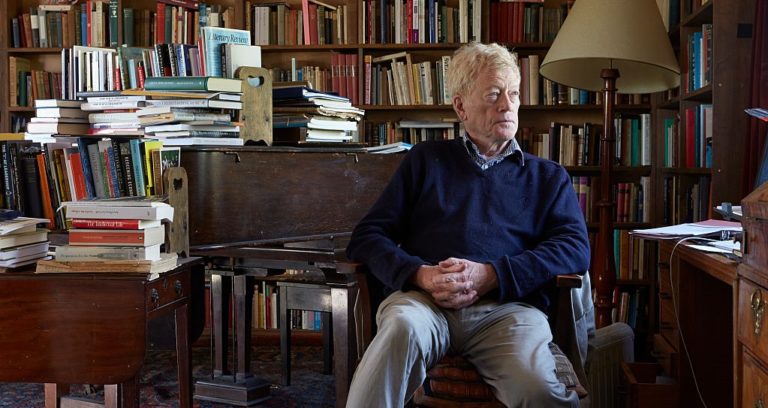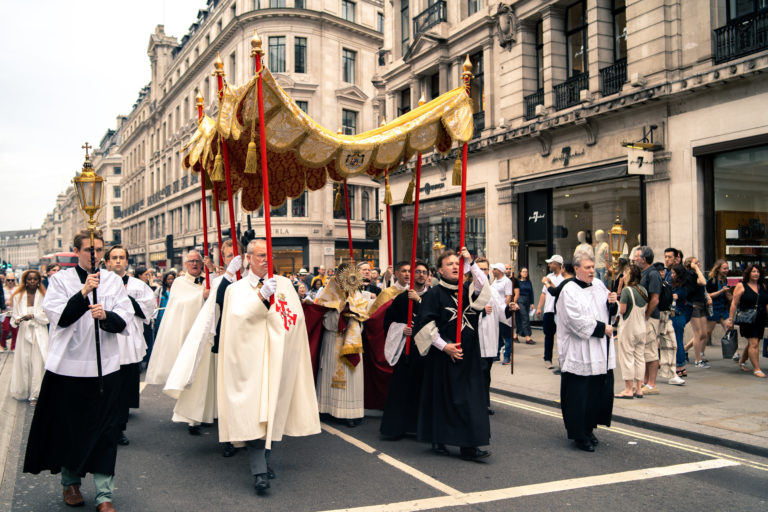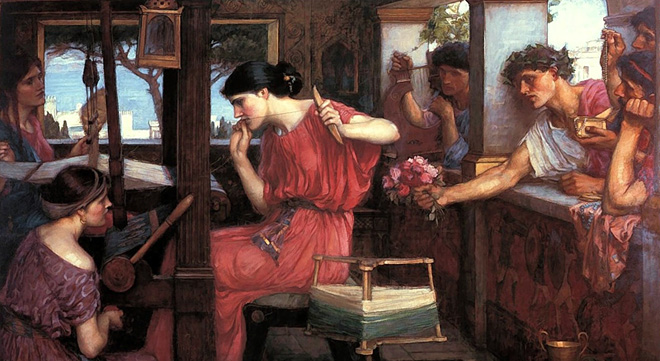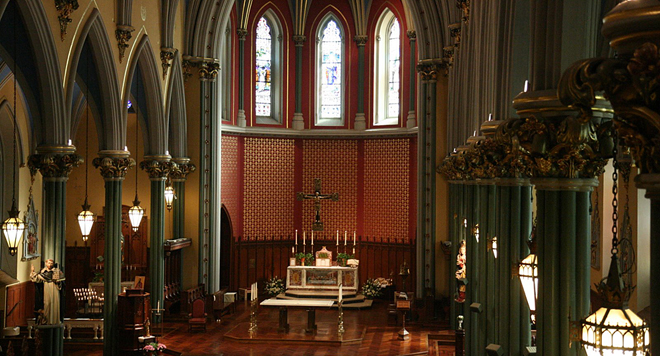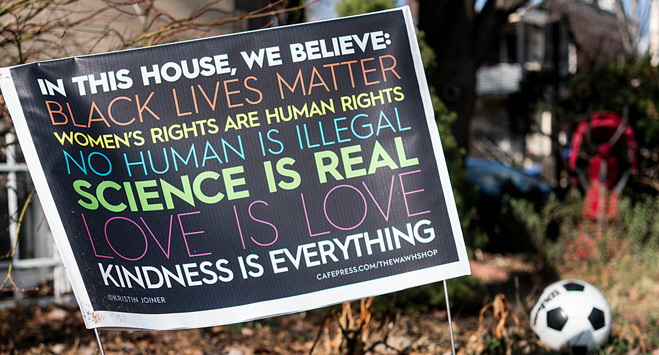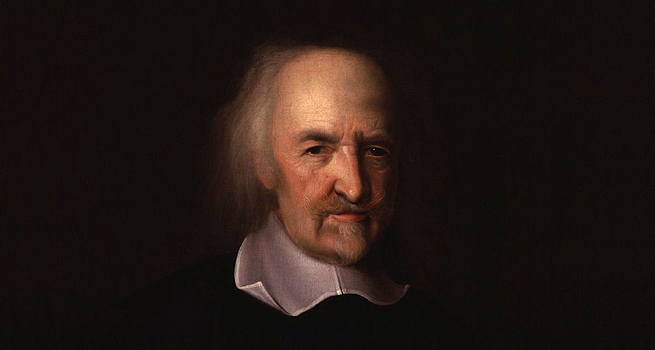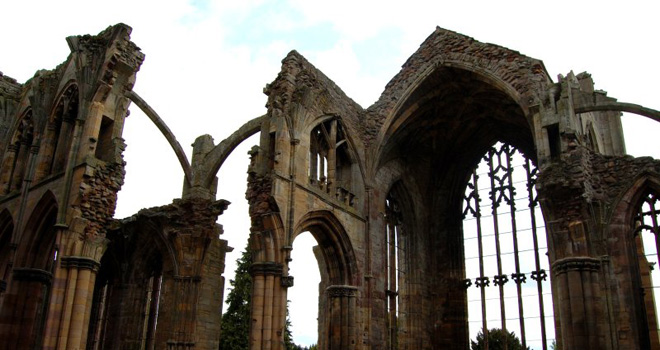Scruton, Wagner, and the Path to Agape
The world lost a tremendously important voice on January 12, 2020, when Sir Roger Scruton passed away. Like all great artists and critics, his spirit lives on, and it is fitting that the great aesthetician and music scholar has bequeathed to the world a final—and fitting—contribution of cultural analysis, music criticism, and Wagnerian scholarship. In Wagner’s … Read more
